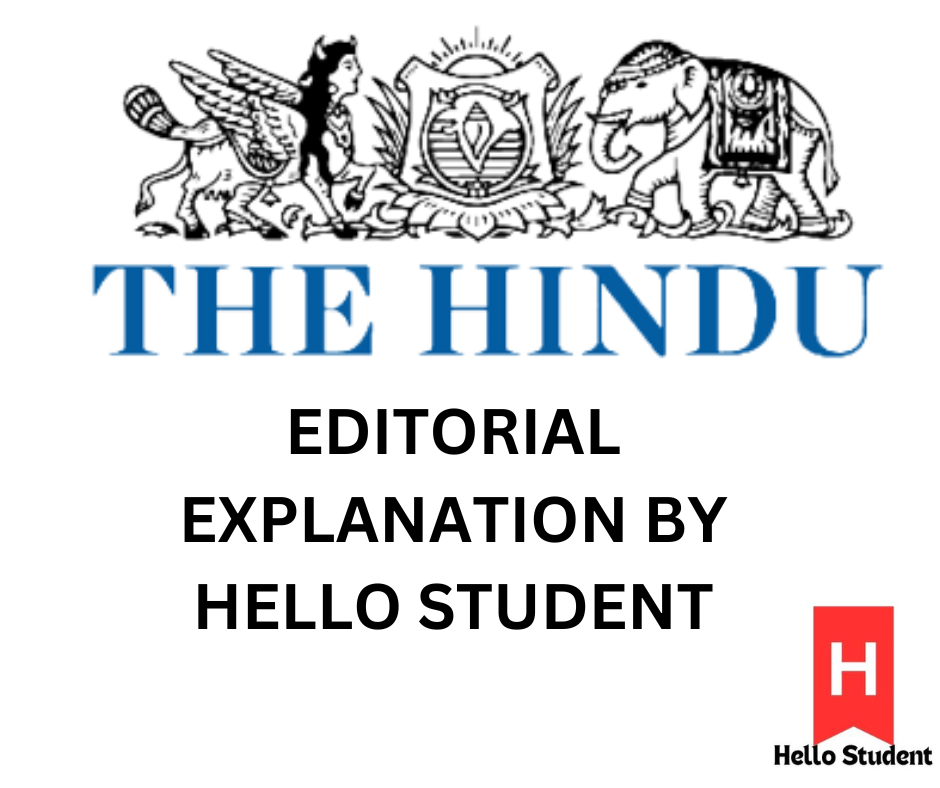This article talks about the recent election results in Jammu and Kashmir (J&K). In this election, an alliance of three political parties—National Conference (NC), Congress, and CPI(M)—known as the INDIA bloc, won support from 53 out of 90 elected members. They also got help from 4 independent candidates. This is important because it gives the INDIA bloc a strong position in the newly elected Assembly. Omar Abdullah, from the National Conference, is expected to become the Chief Minister and lead the government.
The election was challenging for the INDIA bloc because there were many different political parties in the Kashmir Valley competing for votes. The Bharatiya Janata Party (BJP) was also a major competitor, especially in the Jammu region, where it has strong support. BJP tried to use a process called delimitation (changing voting boundaries) to increase its chances of winning. Many voters were also frustrated because J&K lost its special status in 2019 and has been governed directly by the central government since then. People missed having their local government.
Despite these challenges, voters in the Kashmir Valley strongly supported the INDIA bloc. They chose this alliance over other candidates, including some backed by the banned Jamaat-e-Islami group. The National Conference focused on protecting the rights of Kashmiris and keeping some autonomy for the region. The Congress promised to work for peace and restore J&K’s statehood (meaning it would no longer be a Union Territory). Also, Mohamad Yousaf Tarigami, a popular leftist leader, helped the alliance gain support. Together, these factors helped the INDIA bloc win the most seats in the Valley and in reserved areas for tribal groups in Jammu.
Now, the INDIA bloc must work to fulfil the promises it made to the people. But this will not be easy because the BJP government at the centre has taken a strict approach to managing J&K. While the Home Minister, Amit Shah, has said that statehood will be restored, this has not happened yet.
The article suggests that the central government should respect the election results and move quickly to bring back full statehood. This would help restore normal political activities and reduce the frustration people feel after several years of direct control from the central government. Restoring statehood would make the government more active in solving local problems, rather than just holding elections and being governed from the centre.
.
.
.
..join our telegram channel for regular updates of The Hindu Epaper Editorial Explanation-https://t.me/Thehindueditorialexplanation
The Hindu Epaper Editorial Explanation given by Hello Student is only a supplementary reading to the original article to make things easier for the students.
In conclusion, preparing for exams in India can be a daunting task, but with the right strategies and resources, success is within reach. Remember, consistent study habits, effective time management, and a positive mindset are key to overcoming any academic challenge. Utilize the tips and techniques shared in this post to enhance your preparation and boost your confidence. Stay focused, stay motivated, and don’t forget to take care of your well-being. With dedication and perseverance, you can achieve your academic goals and pave the way for a bright future. Good luck!
The Editorial Page of The Hindu is an essential reading for all the students aspiring for UPSC, SSC, PCS, Judiciary etc or any other competitive government exams.
This may also be useful for exams like CUET UG and CUET PG, GATE, GMAT, GRE AND CAT
To read this article in Hindi –https://bhaarat.hellostudent.co.in/

